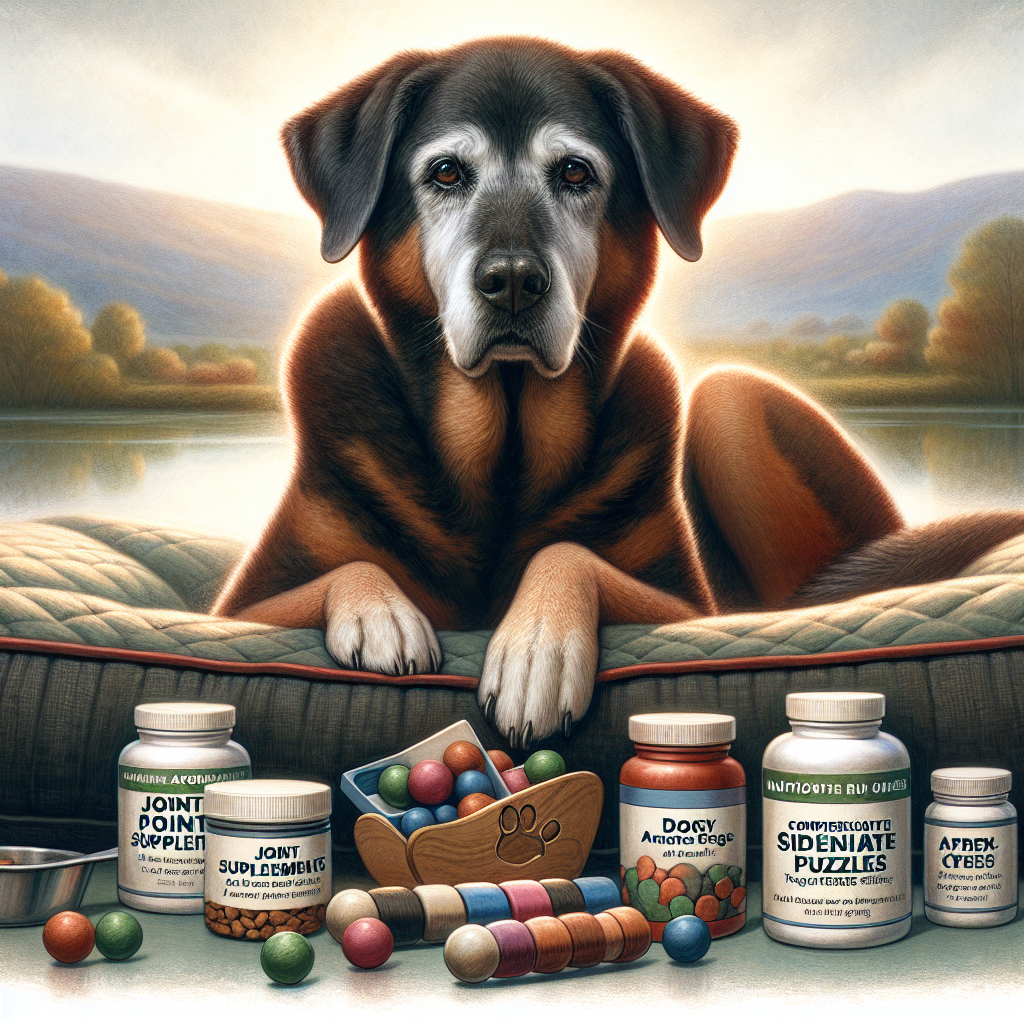Contents
Introduction
As Africanis dogs age, their care requirements evolve to reflect the changing needs of their bodies and minds. These resilient and adaptable dogs, renowned for their intelligence and loyalty, deserve attentive care during their senior years to ensure they age comfortably and gracefully. By focusing on their physical health, mental stimulation, and dietary needs, owners can enhance their dogs’ quality of life and make their golden years as joyful as possible. This guide provides a comprehensive approach to caring for senior Africanis dogs, addressing their unique needs and offering actionable advice.
Physical Health in Senior Dogs
Senior Africanis dogs may experience various physical health issues as they age. Proactively addressing these concerns can significantly impact their comfort and longevity.
1. Common Physical Health Issues
- Arthritis and Joint Problems: Like many breeds, Africanis dogs are prone to joint issues in their later years. Arthritis can cause stiffness, pain, and reduced mobility.
- Decreased Stamina: Older Africanis dogs may tire more easily during walks or play sessions.
- Dental Health: Tartar buildup and gum disease are common in senior dogs, potentially leading to tooth loss or infections.
- Vision and Hearing Loss: Reduced sensory abilities can make navigation and communication more challenging.
2. Maintaining Comfort and Mobility
- Moderate Exercise: Regular but low-impact activities like short walks or swimming help maintain muscle tone and joint flexibility without overexertion.
- Joint Supplements: Glucosamine, chondroitin, and omega-3 fatty acids can support joint health and reduce inflammation. Consult your veterinarian for recommendations.
- Orthopaedic Bedding: Provide a supportive and comfortable bed to ease pressure on their joints.
- Routine Vet Visits: Schedule biannual check-ups to monitor for age-related health concerns and adjust care plans as needed.
Mental Stimulation for Seniors
Cognitive decline, or canine cognitive dysfunction, can affect older Africanis dogs, leading to symptoms like disorientation, forgetfulness, or altered sleep patterns. Mental stimulation plays a vital role in keeping their minds sharp.
1. Importance of Mental Engagement
Stimulating your dog’s brain helps delay the onset of cognitive decline and prevents boredom or depression, which can occur with reduced physical activity.
2. Brain-Boosting Activities
- Puzzle Toys: Treat-dispensing puzzles encourage problem-solving and keep your dog engaged during mealtime.
- Training Sessions: Continue reinforcing basic commands and introduce simple new tricks to challenge their mind.
- Interactive Games: Play hide-and-seek or scent-based games to engage their natural instincts and mental acuity.
3. Consistent Routine
Maintaining a predictable schedule for feeding, walks, and playtime provides reassurance and reduces anxiety in senior dogs.
Diet and Nutrition
Proper nutrition is critical for supporting the overall health of senior Africanis dogs, addressing age-related changes in metabolism, energy levels, and specific dietary needs.
1. Dietary Adjustments
- Portion Control: As your dog’s activity level decreases, adjust portion sizes to prevent weight gain, which can exacerbate joint problems.
- Nutrient Balance: Focus on a diet that supports lean muscle maintenance and joint health while being gentle on the digestive system.
2. Senior-Specific Dog Food
- Tailored Formulas: Senior dog food often contains lower calories, higher fibre for digestive health, and added supplements like glucosamine and antioxidants.
- Protein Needs: Ensure adequate high-quality protein to prevent muscle loss without overloading the kidneys.
- Hydration: Wet or semi-moist food can help increase water intake and support kidney function in older dogs.
3. Monitor Dietary Sensitivities
Be vigilant for signs of food sensitivities or allergies, such as gastrointestinal upset or skin irritations, which can become more apparent with age.
Conclusion
Caring for a senior Africanis dog requires attentiveness, patience, and love. By addressing their physical health, keeping them mentally stimulated, and adapting their diet to suit their evolving needs, owners can ensure their beloved companions enjoy a happy and fulfilling life in their golden years. With the right care and support, Africanis dogs can continue to thrive, bringing joy and companionship to their families well into their senior years.


